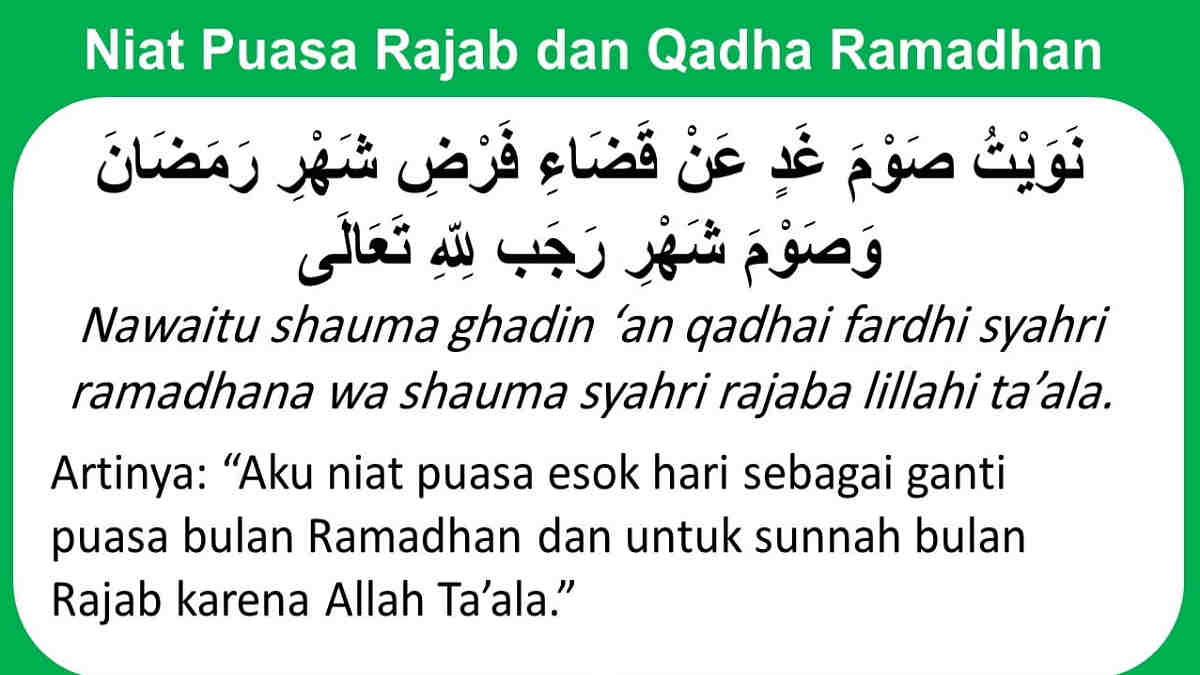Indonesia, a predominantly Muslim nation, embraces Islam with a unique blend of spirituality and cultural traditions. While adhering to the core tenets of the faith, Indonesian Muslims often find themselves navigating a relaxed approach to religious observances, including fasting during the holy months of Rajab and Ramadan. This article delves into the practices of doa (supplication) during these significant periods and explores the nuances of qadha Ramadan, the obligation to make up missed fasts, within the relaxed Indonesian context.
Understanding the Significance of Rajab and Ramadan
Rajab, the seventh month of the Islamic calendar, holds a special place in the hearts of many Muslims. It is considered a month of preparation for the holy month of Ramadan, a time for increased spiritual reflection, and a period for seeking forgiveness from Allah. Ramadan, the ninth month, is a time of intense spiritual devotion, where Muslims abstain from food and drink from dawn till dusk.
Doa: A Cornerstone of Muslim Practice

Common Doa During Rajab and Ramadan
While specific doa may vary among individuals, some common supplications during these months include:
Seeking Forgiveness
Prayers for Guidance and Protection
Prayers for Loved Ones
Qadha Ramadhan: Making Up Missed Fasts in a Relaxed Setting
Ramadan is a sacred obligation for all able-bodied Muslims. However, due to various reasons such as illness, travel, or menstruation, some individuals may miss fasting during the month. Islamic jurisprudence mandates that these missed fasts must be made up later, a practice known as qadha.
The Indonesian Approach to Qadha
In the relaxed Indonesian context, the obligation of qadha is generally fulfilled with a sense of responsibility and flexibility. While the ideal scenario is to make up missed fasts immediately after Ramadan, many individuals may choose to spread them out over a longer period. This approach reflects the emphasis on individual circumstances and the desire to maintain a balanced spiritual life.
Factors Influencing Qadha Practices
Several factors influence how Indonesians approach qadha:
Cultural Norms
Individual Circumstances
Local Interpretations
Balancing Religious Obligations with Daily Life
The relaxed Indonesian approach to qadha reflects a pragmatic understanding of religious obligations within the context of daily life. It acknowledges that fulfilling religious duties should not unduly burden individuals or disrupt their responsibilities towards family and society.
The Role of Religious Scholars
Religious scholars in Indonesia play a crucial role in guiding Muslims on matters of faith, including the fulfillment of qadha. They provide interpretations of Islamic law, offer practical advice, and address individual concerns regarding religious obligations.
Conclusion
The practice of doa and the fulfillment of qadha during Rajab and Ramadan in Indonesia exemplify the nation’s unique blend of Islamic faith and cultural traditions. While adhering to the core tenets of Islam, Indonesian Muslims navigate these religious obligations with a sense of flexibility and understanding, emphasizing the importance of individual circumstances and the pursuit of a balanced spiritual life. This approach reflects the dynamic nature of Islamic practice in a diverse and vibrant nation like Indonesia.


.png?w=200&resize=200,112&ssl=1)


